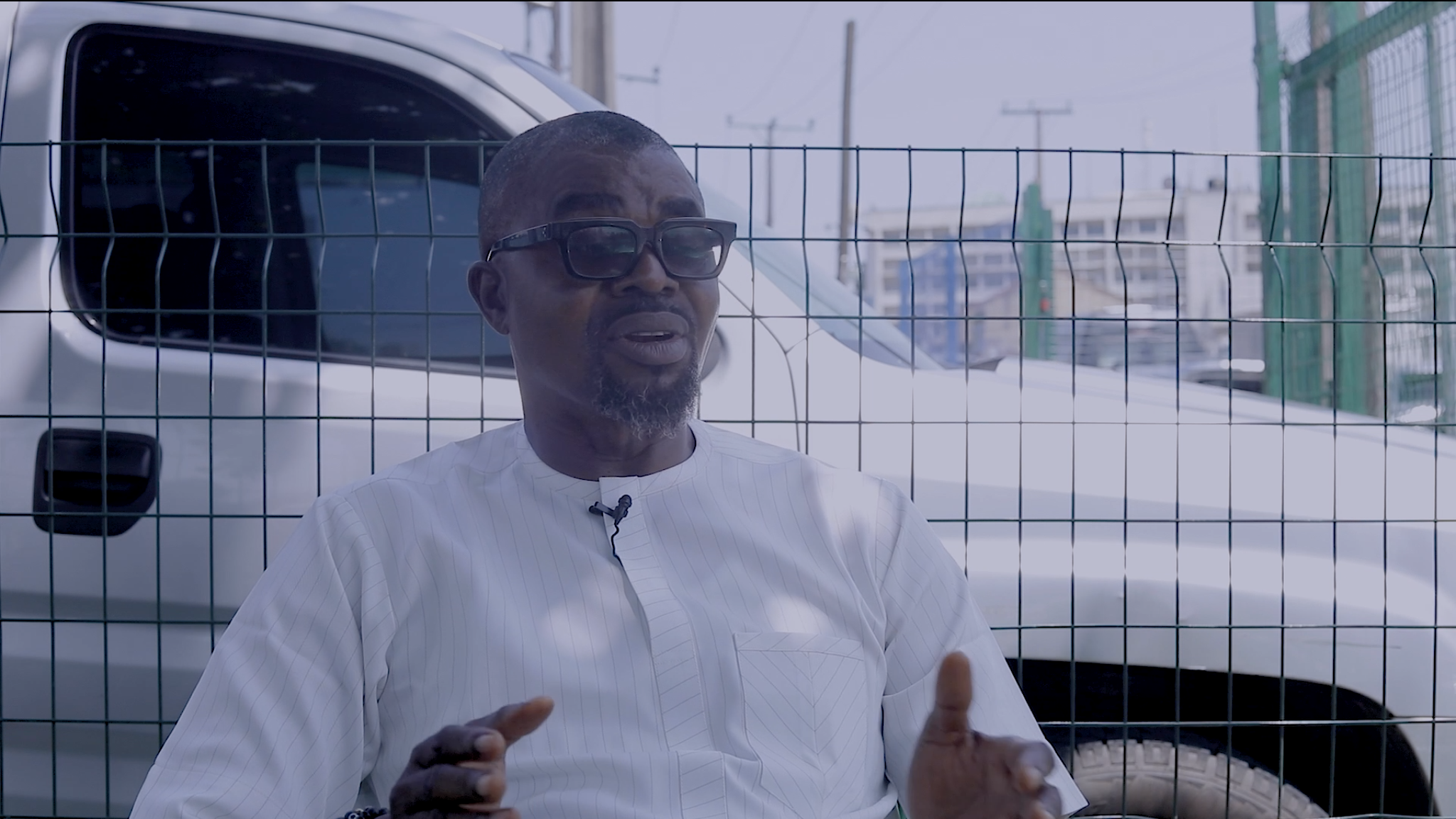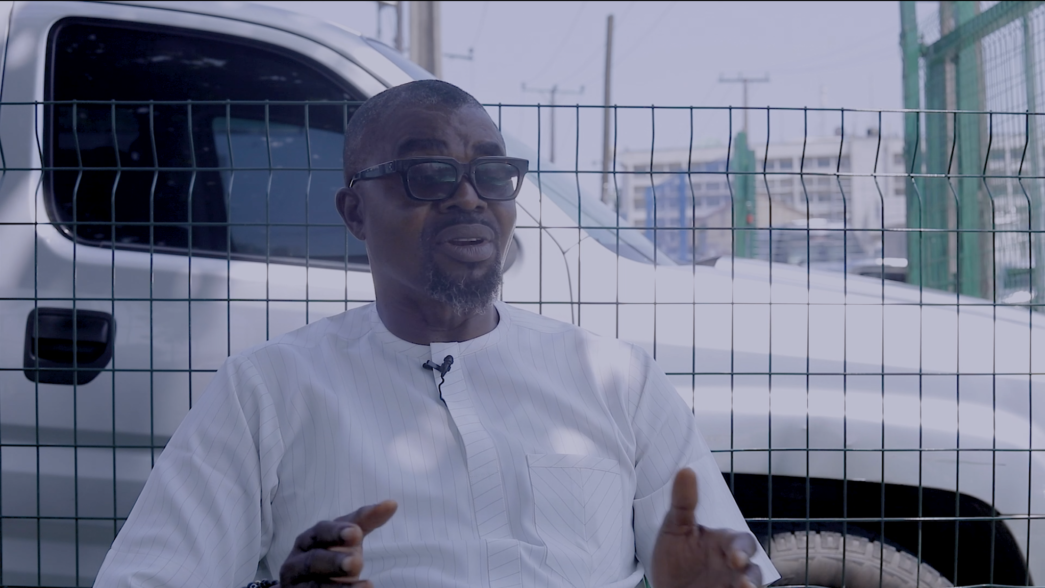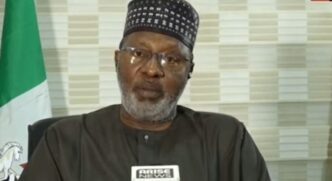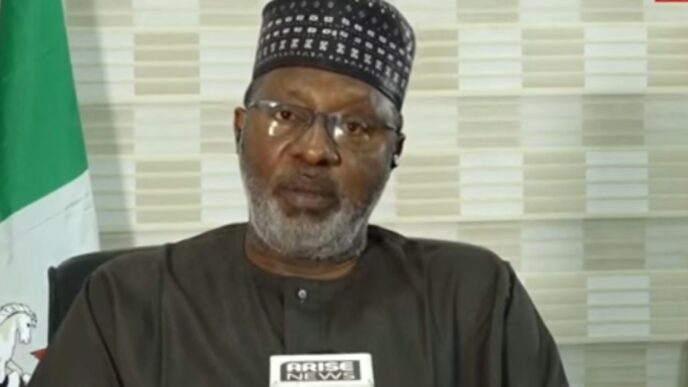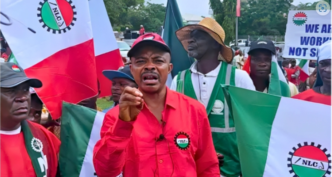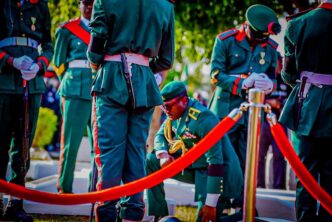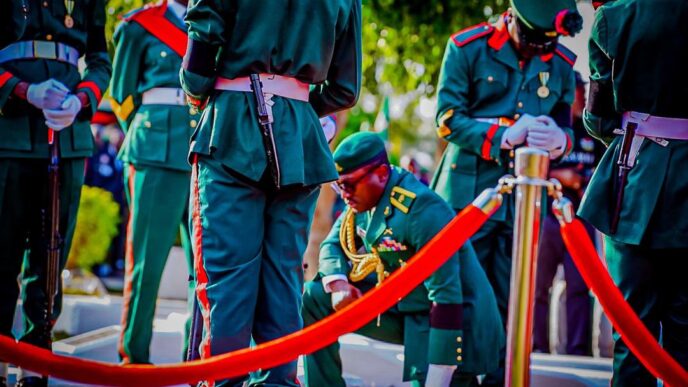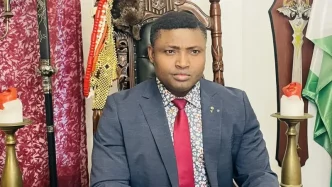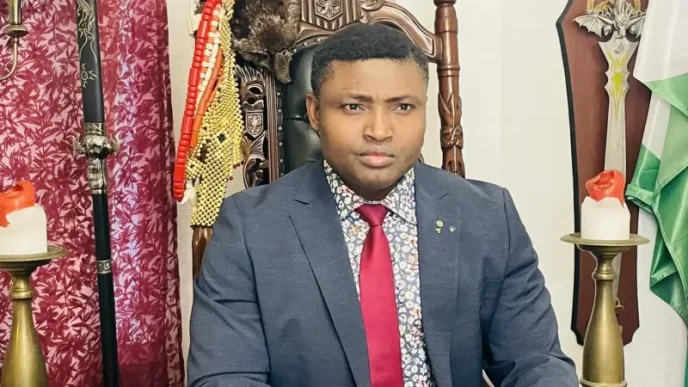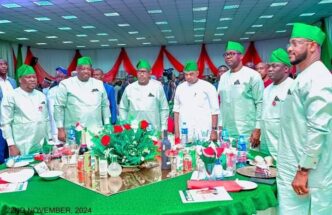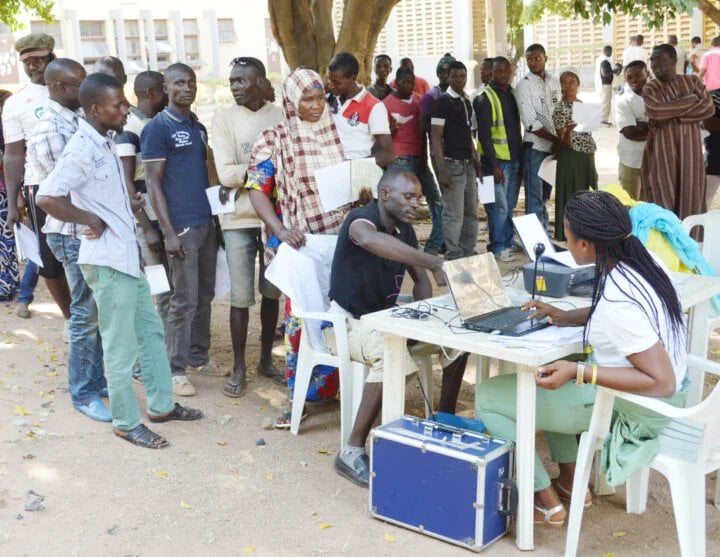Nigeria is grappling with significant economic challenges, including high inflation and the depreciation of the naira. The weakening of the currency has led to higher costs for imported goods and raw materials, which squeezes business profit margins. Many companies pass these increased costs onto consumers to maintain profitability, fueling inflation and eroding purchasing power.
In this interview, TheCable’s ADERONKE ONI AND VICTOR EJECHI spoke with Kelvin Lawson, a car dealer and chief executive officer (CEO) of Nicakelv International Limited, about the challenges in the industry, particularly how fluctuation in the foreign exchange (FX) rate is affecting the auto industry.
TheCable: The FX rate has greatly affected Nigerians. How has it affected you specifically in business?
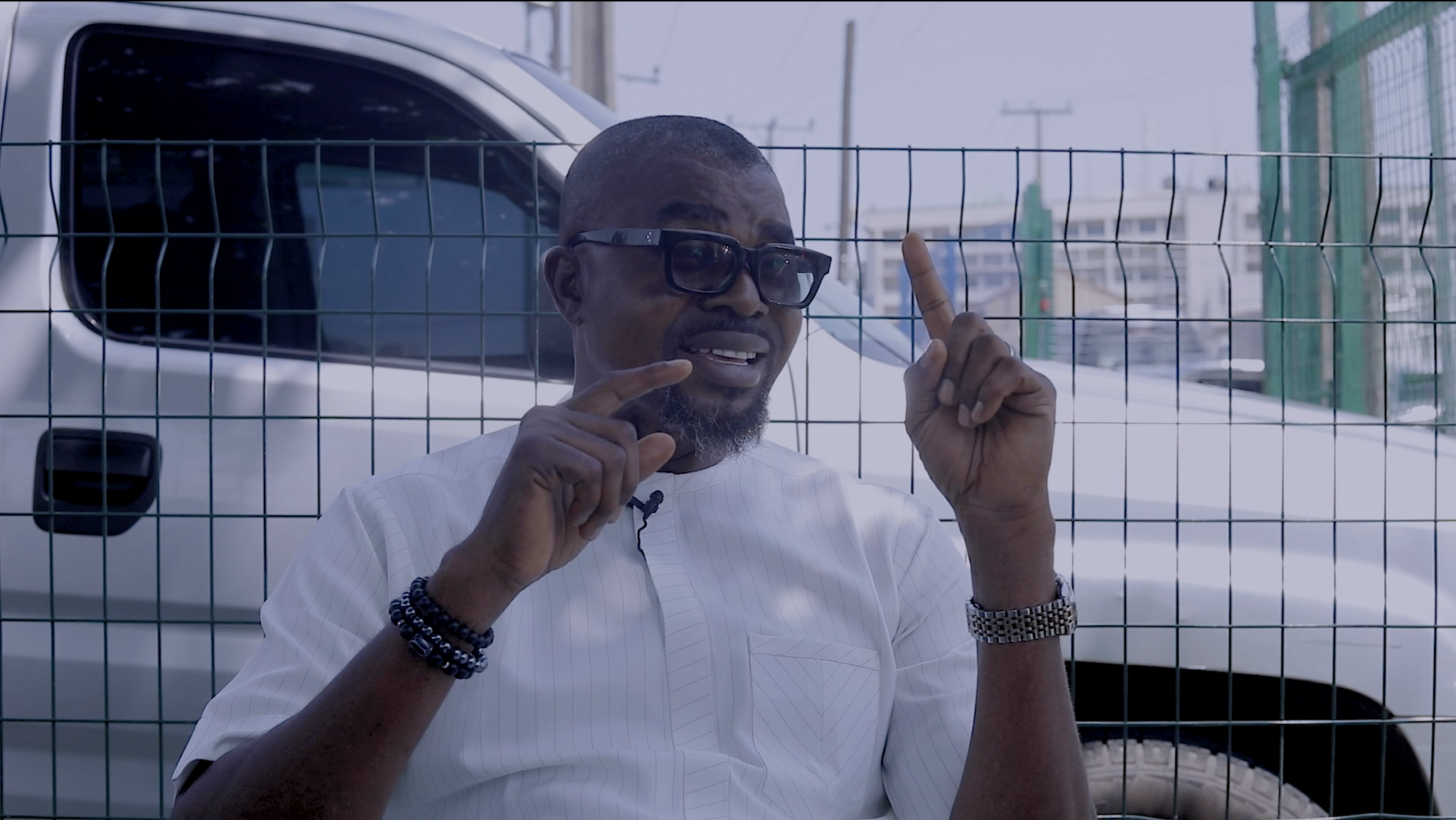
Lawson: The dollar is the driving force of this business because we buy in dollars and we sell in naira. Looking at the economy generally, everything has been going in an upward trend. The way inflation is, it is catapulting almost every month. The dollar is going up almost monthly, if not weekly, and the higher the dollar, the higher the sales and the higher the purchases. So, it has affected me very badly, in the sense that before this dollar/naira thing, the same amount you used to buy two cars two years ago is not enough to buy the same car now. That is how bad it is. It’s not just in the car business; it is the general economy. It is crashing down.
Advertisement
For instance, three years ago, Corolla, the popular car used for car-hailing, we were selling for like N3 million, N3.5 million. Last year, it came to N4 million, N5 million. That same Corolla is selling for N8 million now. In some cases, N9 million. Camry 07, 08, I’ve sold them for N2 million plus here, N3 million, and it started going up. That same Camry 08, 09 is selling for N11 million, N12 million.
The economy is affecting car dealers and importers very seriously. What does that mean? It means that importers that could bring in three or four cars before can barely bring in one with the same amount. As it is affecting us here locally, it’s affecting us at the buying points in America because the price has actually shot up. The dollar is affecting everything. I bought it last week at N1,672.
How do you equate that with what we are doing? It’s serious; it’s limiting the flow of funds; it’s limiting the flow of the vehicles that we buy. It’s also affecting greatly the people patronising us. How many people have the strength to buy cars now? So you see that people have diverted from buying tokunbo cars to registered cars.
Advertisement
The same amount you would have used to buy an imported, fairly used Camry two years ago, you can’t use that amount to buy a registered Nigerian-driven Camry now. It’s not a joke.
TheCable: How have you been sustaining the business since people’s purchasing power has reduced?
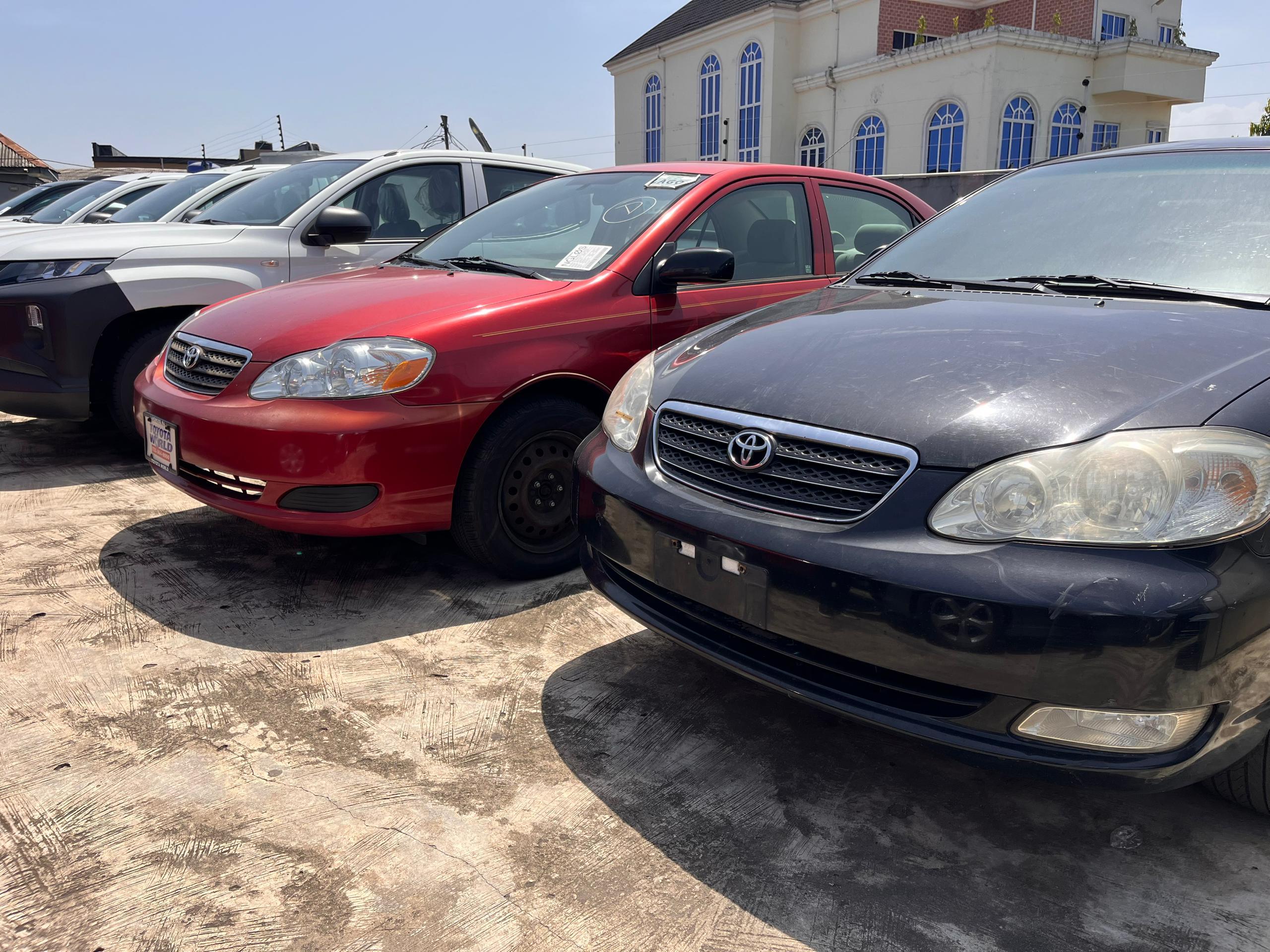
Lawson: We pride ourselves in the fact that we are doing this business. We don’t have another one for now. We have learned to have a thick skin to remain in business because the buying power has really come down. It’s crashing by the day. We come here almost every day, spend what we have sold, what we have. Not like before, when you come, you have the mind that in two weeks, in one week, you make a sale. Most of us come here, and for six months, no sales.
The buying power has reduced tremendously. People come these days to window shop just to know how much it is and to fuel their dreams and hopes. So, buying power is not something to write home about. But how do we stay? It’s another thing. This is our farm, and we are like farmers; where else do you go when you have this to hold on to? So, we are just having thick skin, believing in hope, which is what Nigerians are dwelling on, that maybe tomorrow, things might be better.
Advertisement
TheCable: Can you give an idea of what happens at the customs during the clearing of your goods?
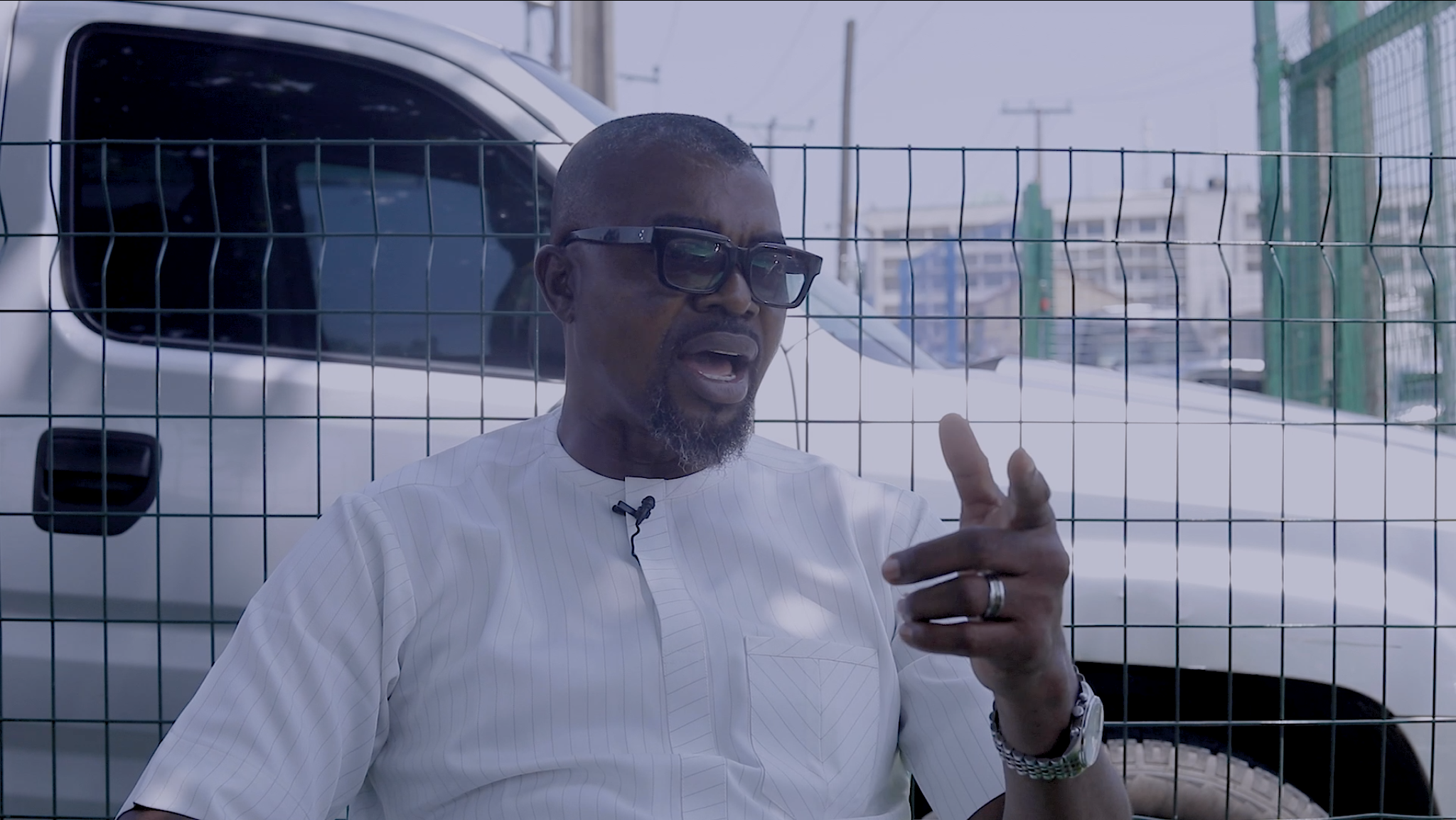
Lawson: Custom has been a thorn in our flesh, a prelude to when we took them to court. But after the court case, they have piped down a little bit. At the ports, what customs are doing now is also not palatable.
If you have a Camry or a Highlander, for instance, if you have a limited Highlander, the cost of clearing the limited Highlander will be different from the cost of clearing an XLE, same Highlander. It is supposed to be Highlander flats, the same year charges. Now, they are charging based on the functions of the car. It doesn’t help.
Another headache that we have is that customs will clear you, give you an exit note, and all the papers that you need as the customs duty to say that legitimately you cleared your car through our seaport. The same customs will hold you when you pass the toll gate, driving out of Lagos to wherever you are going, and tell you that that same car is not well cleared. So they will place you on whatever charges they feel deemed to them; we are all at their mercy.
Advertisement
Our customers are at the mercy of customs. Most of the time, the cars that we sell, we have to pay another duty again on them when those cars are stopped on the road and customs see them. Who can challenge customs? They don’t fear anybody.
Even when you talk of the court or whatever, they don’t fear. So, customs is a different thing entirely. It’s like a system created for them.
Advertisement
TheCable: The operating cost of this business is up now compared to last year or two years ago. What strategy are you considering to stay afloat?
Lawson: Strategies vary, and they are numerous, depending on who is doing business. Everybody has their style. If you look at the style of businesses today, a lot of us are diversifying already, being proactive in social media networking and marketing. We are not waiting for the normal style that we are used to, just sitting in our shop waiting for buyers to come.
Advertisement
A lot of us have moved ahead to online business. A lot of us are doing short leases. When you come, you pay in instalments until you finish paying. So, we are adopting different styles that suit our purposes. Cars are supposed to be a necessity for all, something that all Nigerians are supposed to have to ease their lives. So, the economy is not encouraging that, and I don’t know what to really say. Let’s hope that the green light will soon show because people are starving. Someone who cannot afford to eat cannot afford to buy a car.
Even if you have a car and you are not working, how do you fuel the car? So, it’s not even just about the price, the inflation. It’s about the economic management of the car you buy. People who had many cars before and could hire drivers have restricted their usage because of fuel. So, the economy generally is hitting everywhere.
Advertisement
The car business is capital intensive. You have to buy it like two or three months before the car comes here. You have to fix it to be in the shop. Then you wait till whenever your buyer comes. It is like eternity. But when you are in this business, if you don’t have that thick skin, you will fall out. I’ve seen a lot of people come 10 years; they’re out. Five years, they’re out. They’re into other businesses. So. things are not smiling at all.
I’m a dreamer. I dream that no matter how hard the economy is, I’m going to overcome it. We are looking inward, looking for how best we can remain afloat, even when the economy is sinking. So, let’s be positive. We don’t pray that the economy sinks. Even in reality, we do know that it’s sinking.
I still intend to do more social media and personal marketing. These days, I drive out to big companies and see how I can supply cars for them. I can also consult with them to help them plan their finances. So, most of us are thinking of how we can get one or two companies to make us sub-dealers. That will help our system. But as it is now, we are just believing in God. We are selling, and it’s moving on.
TheCable: Petrol subsidy is gone. The government is trying to introduce compressed natural gas (CNG) vehicles and ensure cars are converted. Will you consider the importation of CNG and electric cars?
Lawson: It is a no. Our system is not right for CNG cars. The lights are not stable. A friend of mine had an issue two weeks ago with this CNG car. His car stopped on the road, and you cannot push them when they stop. I do not think I agree with the CNG cars. It is risky for me. When you have to build something you put in your boot for gas while you are driving, do you imagine the risk? That car gets hot as you are driving, and what if anything happens?
Maybe in the future, Nigeria will have developed to that stage where we can use it, our system can adopt it, and everybody is safe. But right now, I do not think we are right for CNG cars. But it is good to try because they say that what you do not try, you really cannot say. It is not completely a write-off for some people. But I do not think CNG is for me right now.
Electric cars are a no-no because we do not have stable electricity. How many times have we had the national grid shut down this year? If the national grid shuts down and you are driving an electric car, what happens to that car? Until your electricity comes back, that is when you drive. What if you are driving an electric car and it stops you? If there is no electricity to charge where the car stopped, and while you are looking for energy to charge, what if LASMA comes to take the car off because you are blocking the road? Who is affected? It is the buyers. They are at the mercy of the government. So, the system is not right for electric cars.
TheCable: What are those things you think the government needs to do to help the business?
Lawson: Let me speak the mind of the people, not just for this business. I sincerely hope that the Nigerian government and the people at the seat of decisions listen to Nigerians. When you are governing people, you need to listen to them. It is only when you listen sincerely that you will know where the government is falling or faulting and what it needs to do. What I see in this present leadership is that they are not listening, or they don’t care to listen.
If you drive along the road, you will see how Nigerians are suffering because it shows in their faces. It tells in the structure that they carry. A lot of people are hunger-stricken. We are not built to be slim and ugly. We are built to be well fed and look good all the time. But the majority of Nigerians are looking very ugly right now because of hunger, and because the leaders are not listening. So, I pray and wish that the Nigerian government and its leadership would listen to their people. Nigerians are crying for a government that listens. If you listen, you will know what the people are asking for.
We are asking for good governance. A government that hears that there is no food and finds a way to ameliorate the situation, not by giving them food as supplements. You don’t give two kilograms of rice to a family and think you’ve done something. No. What I see is this government bringing in trailers and giving people small bags of rice. How long would that last? Would that solve the problem?
The people should look inward and look at what holistically can solve the problem. Create something for these people to manage and grow with, not feeding them with rice that will finish within three days or giving out palliative to a few people who will come and lineup. The government is not listening, or they don’t really care to listen.
Add a comment
